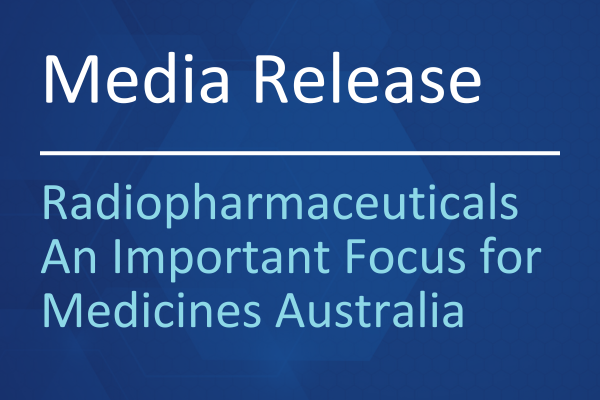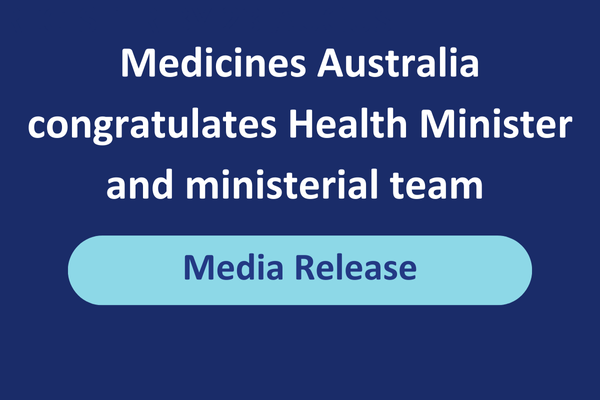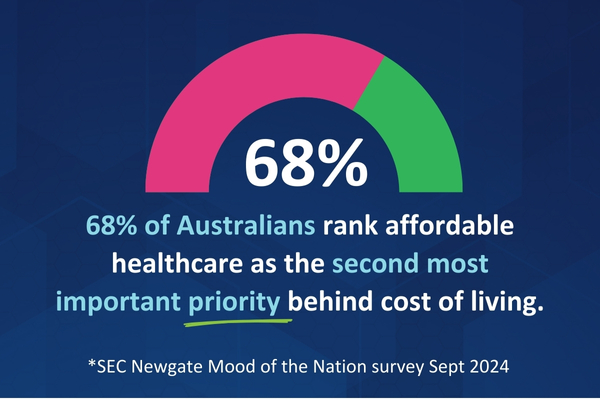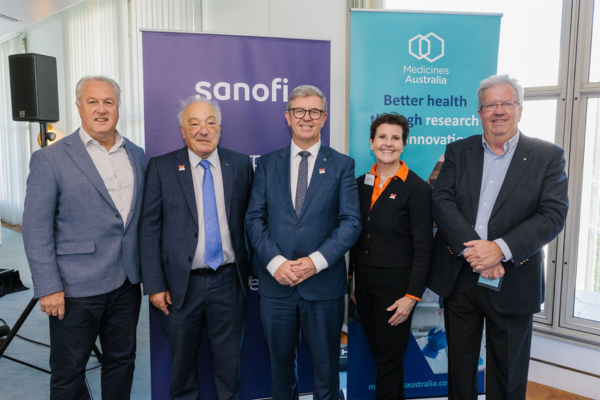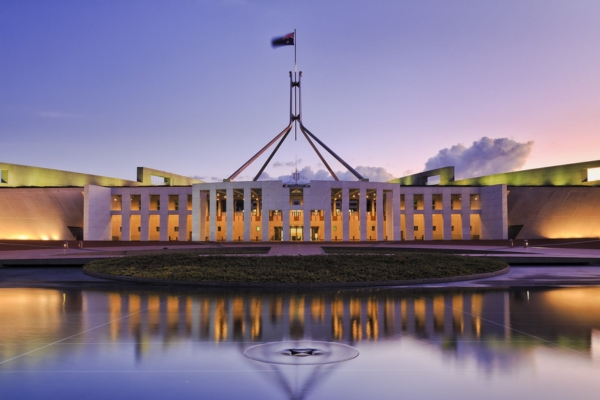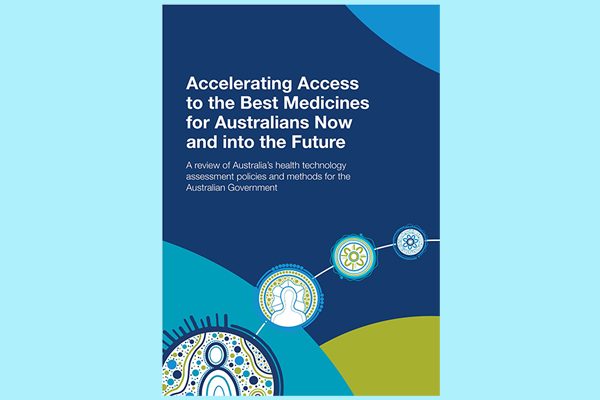Radiopharmaceuticals An Important Focus for Medicines Australia
13 June 2025: Medicines Australia is building an increased focus on the policy environment to support the provision of safe and effective patient access to advanced radiopharmaceuticals with the creation of an expert interest group drawn from across its membership. The organisation is currently calling for expressions of interest among member companies to become part of this priority group which will formally come together in July.
The development and availability of advanced radiopharmaceuticals is an evolving and exciting area in the treatment of cancers – notably where a specific biomarker is present. The cancer types where innovative radiopharmaceuticals can offer an important and effective treatment option include prostate cancer, neuroendocrine cancers and lymphoma. There are currently very few innovative radiopharmaceuticals approved by the Therapeutics Goods Administration (TGA).
“As this area gains momentum, Medicines Australia believes the application of a clear regulatory framework, coupled with appropriate Health Technology Assessment (HTA) practices, is essential, and must apply the same rigour and assessment of high-quality clinical evidence to safeguard patients that is required for other pharmaceuticals,” said Sue MacLeman, Chair, Medicines Australia.
The requirements Medicines Australia will assert for include evaluation by the Therapeutics Goods Administration for quality, safety and efficacy and a transparent, evidence-based assessment of cost-effectiveness to support reimbursement on the Pharmaceutical Benefits Scheme (PBS).
“This Medicines Australia working group will look at the parameters required to provide access to these advances that meet strict regulatory requirements and ensures safety and quality remains our top priority for the patient community,” Ms MacLeman said.
“It is critical we explore how to get these cancer treatments to patients whilst meeting high regulatory standards. While historically unapproved medicine pathways have been applied, this is no longer necessary or appropriate. We look forward to a collaborative and productive interaction with Government to form a considered and efficient path forward,” she added.
For further information the Medicines Australia Position Paper on Radioligand therapies – is available here (PDF).
Media enquiries to: Anne-Marie Sparrow, Medicines Australia /Cube – media@medicinesaustralia.com.au or 0417 421 560
About Medicines Australia
Medicines Australia leads the research-based pharmaceutical industry of Australia. Our members discover, develop and manufacture the medicines that are the foundation of a healthy and prosperous society, including prescription pharmaceutical products, biotherapeutic products and vaccines. Our members invest in Australian medical research and take local discoveries and developments to the world.

